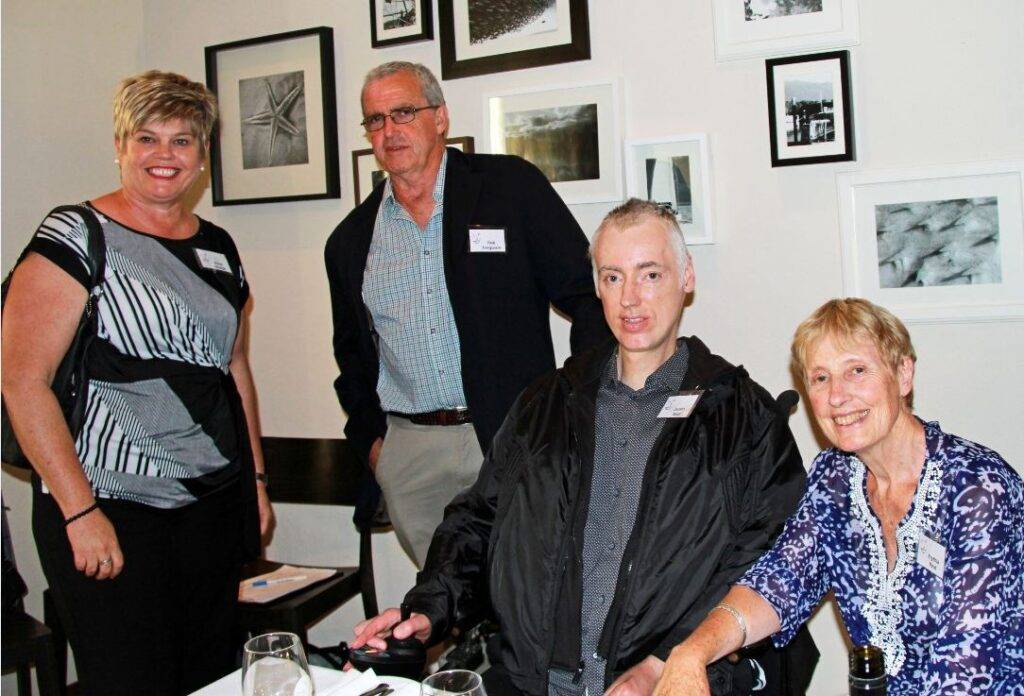Funding global research for FSHD cure
A $10,000 donation from Canterbury League Club has helped FSHD Global Research Foundation (FSHD Global) in their quest to find a cure for one of the most common forms of muscular dystrophy.

Facioscapulohumeral Dystrophy (FSHD) is an inheritable and debilitating muscle disease, characterised by the progressive irreversible weakening and loss of skeletal muscles in the body with no known treatment or cure. It is a progressive condition that usually starts in the face before moving down to the upper body, abdominal muscles then eventually to the legs. People with FSHD have normal life expectancy but have mobility difficulties throughout their entire lives.
FSHD Global was established in 2007 and has funded national and international research programs in the pursuit for a cure. Canterbury League’s donation was utilised to facilitate the Annual Medical Research Education Program recently held at the Sydney, Brisbane and Melbourne branch offices.
“These educational programs were attended by people living with FSHD, family members, friends and carers, the medical fraternity, local neurologists, scientists and donors who provided the attendees the opportunity to listen to the experts in the field and learn about the current progress in basic and therapeutic research. This provides hope that a treatment and ultimately a cure will be found for this debilitating genetic disease,” said Laura Farrugia, Director of Philanthropy for FSHD Global.
International guest speaker and FSHD researcher from the USA, Dr Stephen Tapscott, joined Australian researchers, Dr Stephen Palmer and Dr Leslie Caron, to update the FSHD community on the latest developments in their research investigations.
“An additional aim of the education program was to assist in creating stronger networks among all FSHD stakeholders, allowing for knowledge sharing and the creation of opportunities for collaborative research in the future,” said Natalie Moss, Managing Director of FSHD Global.
“Most people living with FSHD develop symptoms during early childhood so it is devastating for parents to see their previously active child deteriorate and no longer be able to run and play like other children. Organisations like FSHD Global work hard to raise awareness and money which will help future generations understand this disease and hopefully be able to find a cure,” said Dr George Peponis OAM, Chairman of Canterbury League Club.
